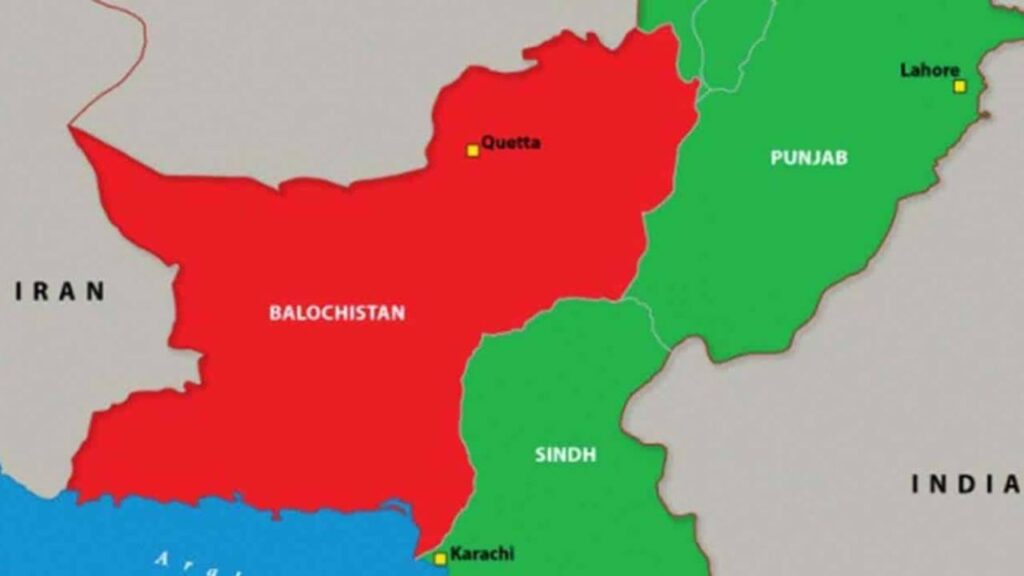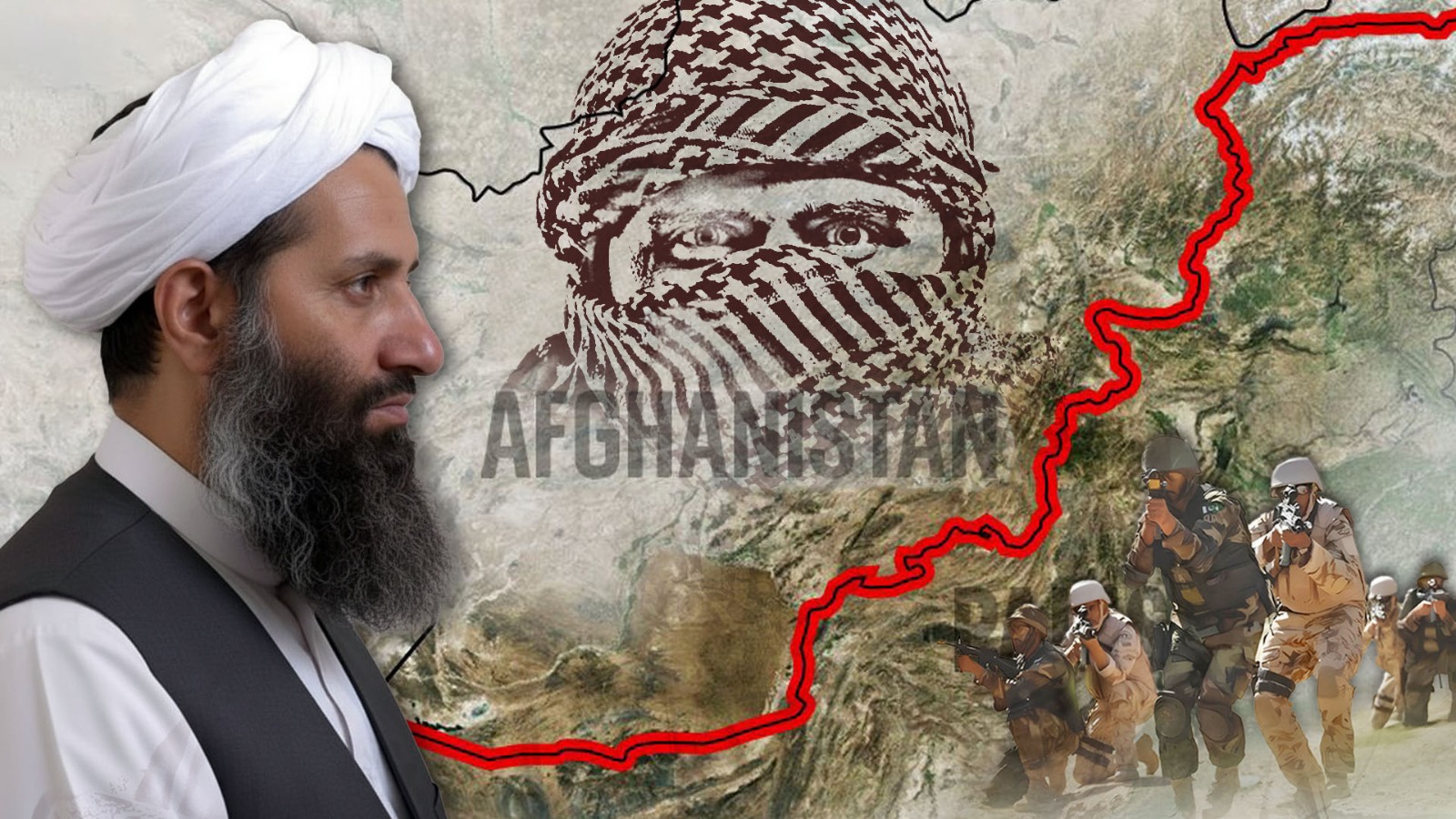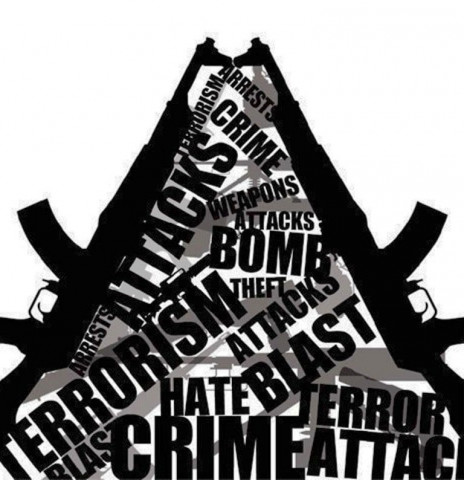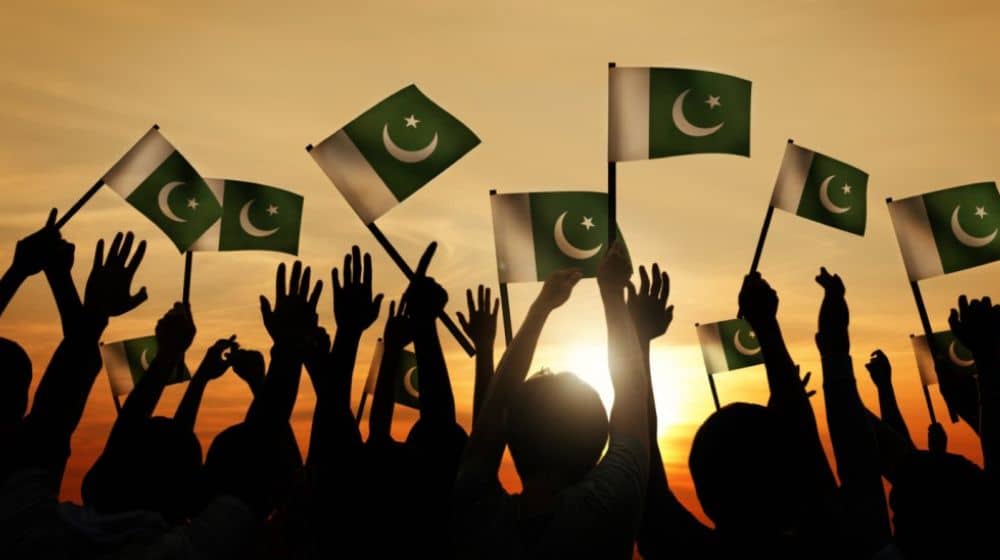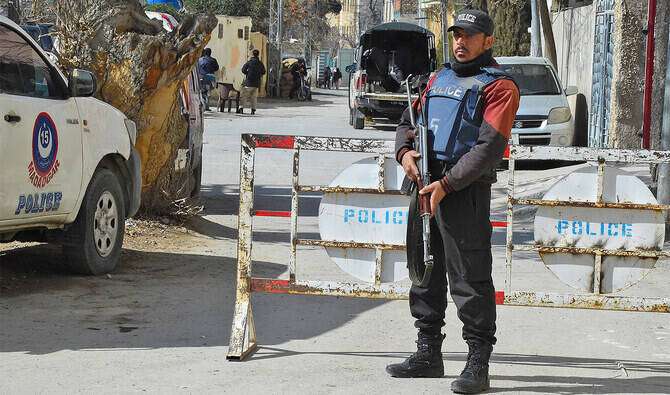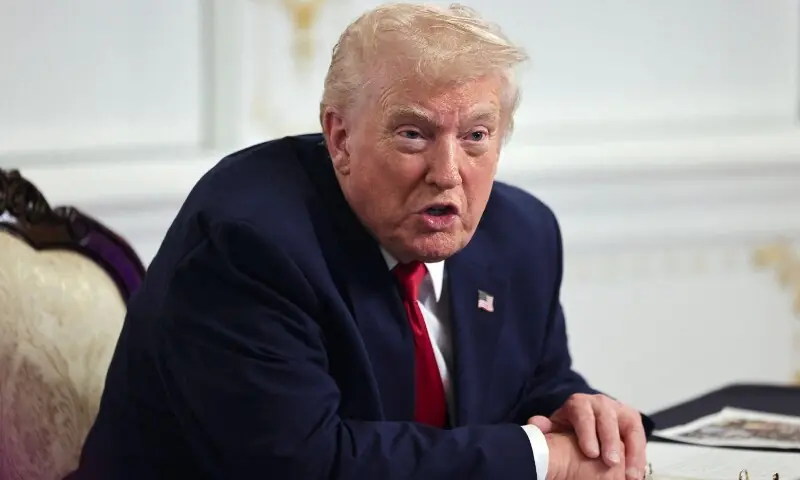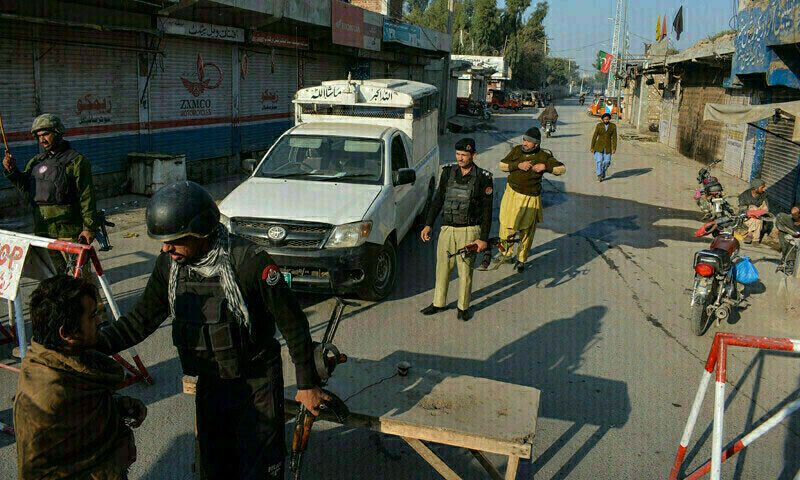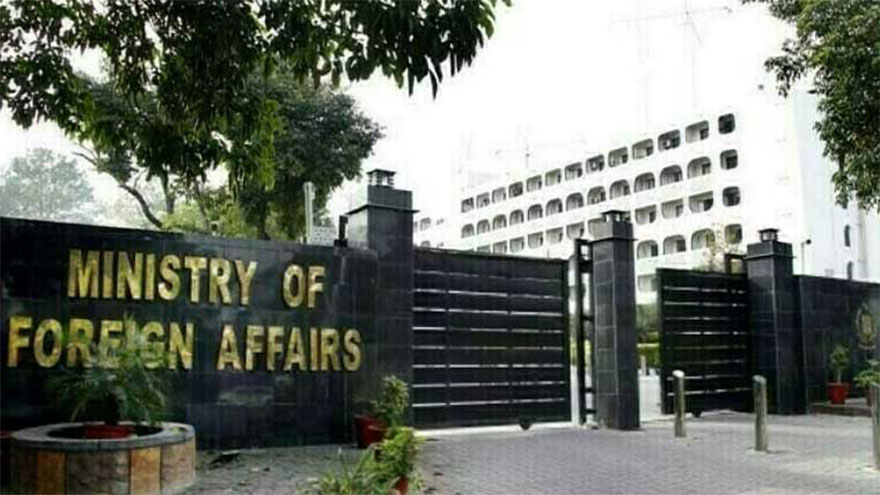When Hyrbyair Marri, leader of the Free Balochistan Movement, openly supported Israel’s military strikes on Iran, he may have been aiming for global attention, but the reaction back home has been one of shock and quiet fury. What Marri sees as resistance against a regional enemy, many see as an insult to the very people he claims to represent. He is using the name of the Baloch to support a state that is slaughtering Palestinians every single day. That is not freedom. That’s not resistance. That’s selling out.
You can’t stand for your people and then turn around and praise a country bombing hospitals, starving children, and turning Gaza into a graveyard. You can’t speak of oppression in Quetta and clap for it in Rafah.
As Simone de Beauvoir said, “The oppressor would not be so strong if he did not have accomplices among the oppressed.”
This isn’t just about Iran or Pakistan anymore. This is part of a deeper game—one that involves Tel Aviv, Delhi, and London boardrooms, not the dusty streets of Turbat. The Baloch struggle is being hijacked, twisted into something it was never meant to be: a tool in someone else’s war.
The Free Balochistan Movement, under Marri, has been drifting for years. From a voice for the voiceless to a pawn for foreign interests, his open embrace of Israel, at a time when Muslims worldwide are mourning the massacre in Gaza, is not resistance. It’s betrayal. It’s clear now: when hatred blinds you, you can’t even see the suffering of innocent people. You lose all sense of who the real enemy is.
Not all Baloch leaders are on the same page, and that matters. Akhtar Mengal hasn’t cheered for foreign bombs. The Baloch Yakjehti Committee (BYC) hasn’t issued statements applauding Israel. In fact, their silence is telling, they know this is dangerous ground. They know you can’t burn one village to get attention for another. They may have differences with the state, but they haven’t lost their sense of humanity. It’s easy to take a side when you’re thousands of miles away in London, shaking hands in foreign offices, disconnected from the real cost of war. The real Baloch, the ones burying their missing sons, the ones dodging bullets, the ones still holding on to hope, they didn’t ask for this. They didn’t permit him to speak for them.
Let’s be clear: this alliance of India, Israel, and Hyrbyair Marri is no longer a conspiracy theory. It’s playing out in front of us. And the ones suffering are not just Palestinians—it’s the soul of the Baloch movement.
His statement wasn’t about freedom. It was about provocation. He knows what kind of fire he’s playing with. This isn’t just anti-Pakistan or anti-Iran posturing—it’s part of a wider campaign to divide Muslims, to inflame sectarian hatred, to keep the region burning. These people aren’t just enemies of states, they’re enemies of unity, of justice, of Islam itself.
It’s time to ask: who is he really speaking for? The Baloch? Or the people handing him microphones in Western capitals?
He may have won praise from Israeli media, maybe even a few handshakes in think tanks. But in Balochistan—in Panjgur, Gwadar and Quetta, people are watching. And many don’t like what they see. When someone claps for bombs falling on Muslims and calls it progress, that’s not our leader. That’s a liability.
The Baloch struggle deserves better than this. It deserves honesty, clarity, and above all—dignity. If Hyrbyair Marri wants to be a freedom fighter, he should start by standing with the oppressed, not the oppressors.
Author
-
The author is a student of International Relations at Quaid-e-Azam University
View all posts

